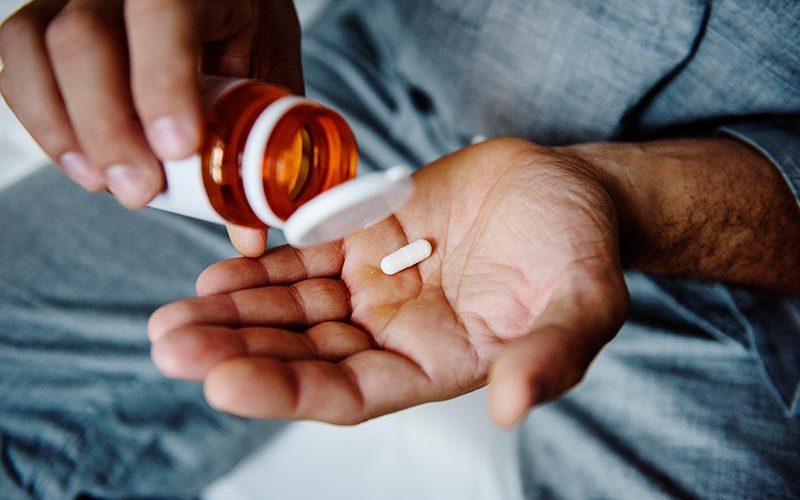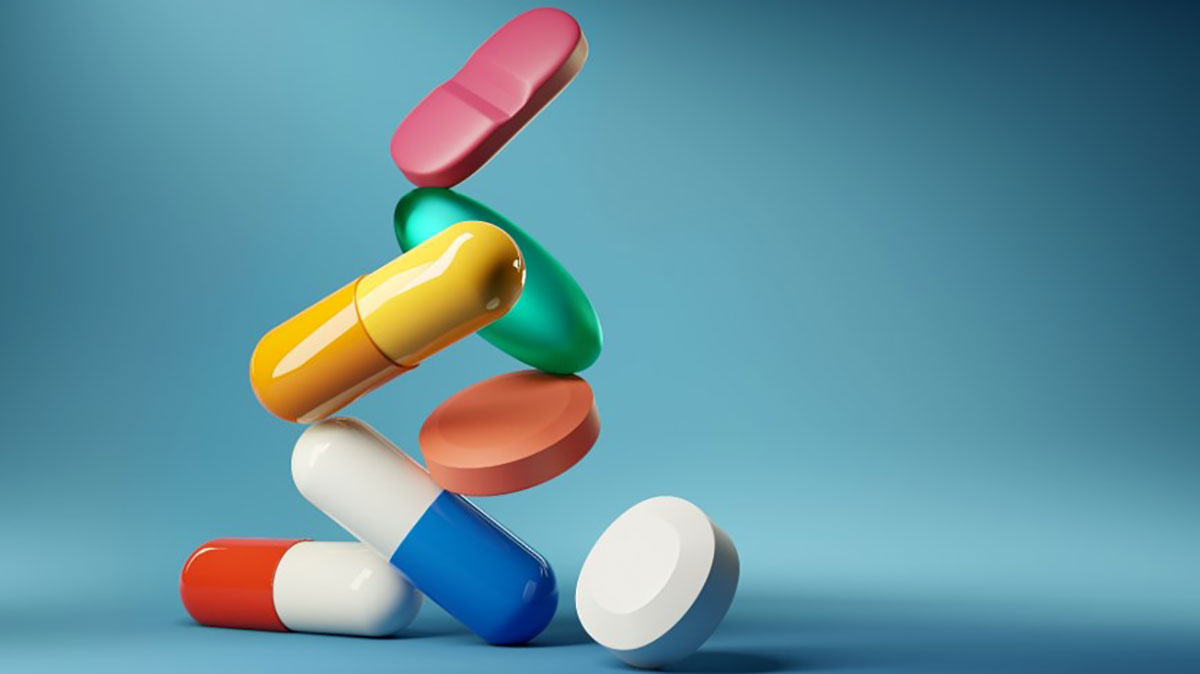Taking medication safely and effectively is of utmost importance, regardless of where you live or your familiarity with healthcare. According to a 2018 article published in the U.S. Pharmacist on Medication Adherence, over 50% of patients do not adhere to their prescribed medication regimens. This non-adherence can compromise the efficacy of drugs, leading to potential complications and side effects. Alarmingly, medication errors account for over 125,000 deaths annually in the U.S.
In cities like Nashville, where healthcare is a whopping $67 billion industry, the widespread use of medications amplifies the importance of correct usage. However, even within such healthcare-centric locales, sometimes medication errors occur. Thus, medication safety remains crucial.
Whether you’re in the heart of Music City or anywhere else in the world, the necessity for proper medication practices is universal, and the following tips will ensure you get the most out of your medications safely.
1. Understanding Medication Labels
Carefully reading medication labels is the first step toward proper use. The label provides the drug name, dosage instructions, expiration date, and other key details. If you have any trouble understanding the details, you can always discuss them with your local pharmacist. This is especially crucial if you’re traveling or relocating and aren’t familiar with the local medical landscape.
In cities like Nashville, especially if you’re visiting a renowned pharmacy in East Nashville, the pharmacists often emphasize the importance of comprehending the medication labels. Their expertise is invaluable, as they can help explain unclear instructions, ensuring residents get the best care.
In addition to reading labels, make sure to note the dosage amount and timing as well. For example, if the label states, “take one tablet daily,” only take one tablet each day. Not following dosage instructions can reduce effectiveness or increase side effects. Also, check for warnings about driving, alcohol use, or drug interactions.
Don’t undermine the importance of reading labels; a few seconds’ worth of your attention can save you from a lifetime of regrets.
2. The Dos and Don’ts of Medication Storage

How you store medications also affects their safety and efficacy. Always read the label or product insert to check the proper storage instructions. For instance, some medications require refrigeration, while others need to be kept away from heat and moisture. So be cautious. Storing them incorrectly, like leaving them in direct sunlight or humid environments, can cause them to break down more quickly. Ensure to keep all medications in child-proof containers out of reach of kids and pets.
3. Interactions and Complications: When Medications Collide
With both prescription and over-the-counter (OTC), it’s crucial to be aware of potential interactions. If you take multiple medications or supplements, look out for interactions that can increase side effects or complications. For example, some drugs should not be used with alcohol or certain foods. Check with your pharmacist about drug and food interactions. Also, tell your doctor about all your medications, including OTC drugs and supplements. It helps prevent prescribing drugs that may interact. Stay vigilant about interactions and alert your healthcare provider to any issues.
4. Over-the-counter (OTC) Vs. Prescription: Know the Difference
Understanding the difference between OTC and prescription medications is essential for their proper usage. Drugs like acetaminophen or antihistamines, which are OTC, can be obtained without a prescription. In contrast, other drugs require a prescription due to higher risks.
Prescription medications often treat complex conditions and have more side effects. Therefore, always consult a doctor before usage, as their supervision ensures safety. Make sure to follow all dosage and usage instructions for OTC medications, too.
If your condition persists despite using an OTC drug, don’t hesitate to contact your doctor. Knowing when to use OTC or prescribed medications ensures optimal safety.
5. The Role of Adherence: Sticking to Your Regimen

To get a drug’s full benefits, it’s essential to closely follow the prescribed schedule and dosage. Taking doses at consistent times or with food optimizes absorption. Skipping or doubling doses can reduce effectiveness or cause complications.
Make sure to set reminders and use pill organizers. You can also pair medication-taking with routine daily tasks to promote adherence.
If you’re having trouble sticking to your regimen, inform your doctor so they can adjust the instructions or suggest extended-release medications. Strict adherence provides optimal therapeutic effects.
6. Traveling with Medications: Tips for the Globe-trotter
Traveling across time zones or internationally requires extra medication planning. Always carry sufficient medication for the entire trip. To avoid mishaps like misplaced checked bags, keep medications in your hand luggage. Also, check airport rules on liquid medications and bring documentation for controlled substances.
Adjust your dosing schedule in line with time zone variations. If some medications require refrigeration, bring an insulated bag and ice packs to store them. It is important to familiarize yourself with the international laws of the country you’re visiting, which can be done by checking the embassy website. Planning ensures you travel with medications legally and safely.
7. Managing Side Effects and Reporting Adverse Reactions

Many drugs have potential side effects, from nausea to dizziness. Review common side effects so you know what to expect.
In most cases, side effects are mild and temporary, but if they persist or become severe, contact your doctor. Serious and adverse reactions like rashes, swelling, or trouble breathing must be immediately reported, as this helps identify rare but dangerous reactions. Your information can also contribute to ongoing safety monitoring of drugs and can prompt label changes if needed.
Don’t hesitate to up about any unusual or concerning reactions.
Conclusion
Storing drugs correctly, avoiding interactions, taking doses as prescribed, and reporting side effects reduce complications. Planning when traveling, keeping medications away from children, and promptly disposing of expired pills also ensure safety. No matter your age, health status, or where you live, prioritizing medication adherence and safety helps avoid issues and improves health outcomes.




